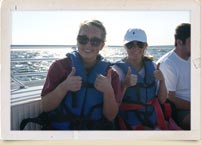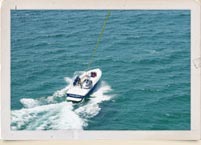Turtles
Sea turtles along the Florida Gulf Coast lay their eggs along the beach. They are a protected species under the protected species act and some very hefty fines will be given if they are bothered. This article will tell you what kinds of turtles you might encounter, and give some tips and recommendations to follow if you or your family happen to encounter a nest. Visit http://www.seaturtlestatus.org information.
Lights are big deal to turtles so if you find a mother try not to shine a flashlight directly at her. Also try to keep condo lights to a minimum. The lights cause them to misjudge the time of day causing them to return to the sea instead of nesting. She usually won’t lay the eggs on the beach after this. They cannot sea the red spectrum if you have a filter. Take in any beach chairs and tents each evening. They can impede their passage from the ocean to the nest. Most importantly keep your distance. Only one in one thousand sea turtle make to adulthood. They have a tough enough time to not have to deal with people on their road to survival.
We have four types along Destin Florida’s beaches. The green, Kemp’s ridley, leatherback, and the loggerhead. They are all highly migratory and travel throughout the Gulf and South Atlantic. The live around 80 years and once grown have few predators. The shark, mainly the tiger, have been known to eat sea turtle. Killer whales also have been known to eat leatherbacks; not a big worry for them here on the Florida Coast. The hatchlings are preyed on by fish, dogs, seabirds, raccoons, ghost crabs, and other predators prey on eggs. Humans cause the biggest threat by changing the environment by adding lights, noise, and buildings. They are also poached for their meat and shell. The eggs are known an aphrodisiac and are a delicacy in much of the world. They have been known to injest trash mistaking it for jellyfish. They get hit with boat propellers. Shrimp nets are a big killer also even though in the United States strict regulation has been implemented to help the cause.





